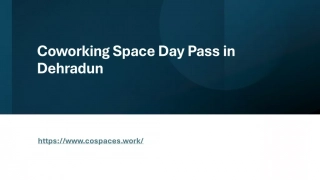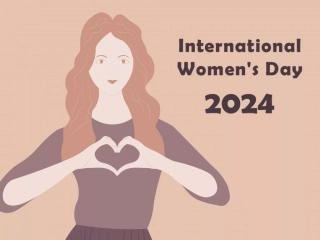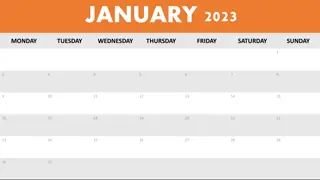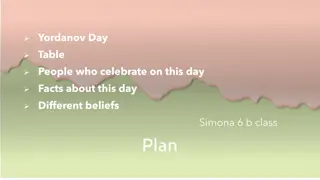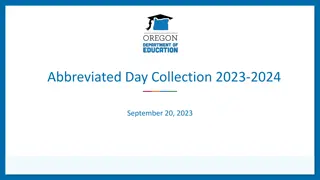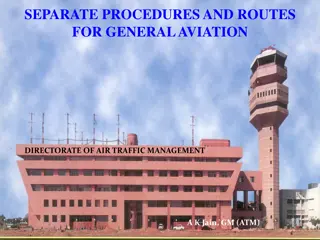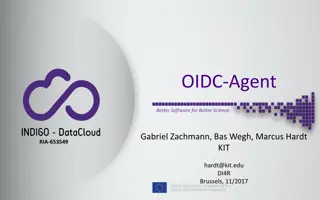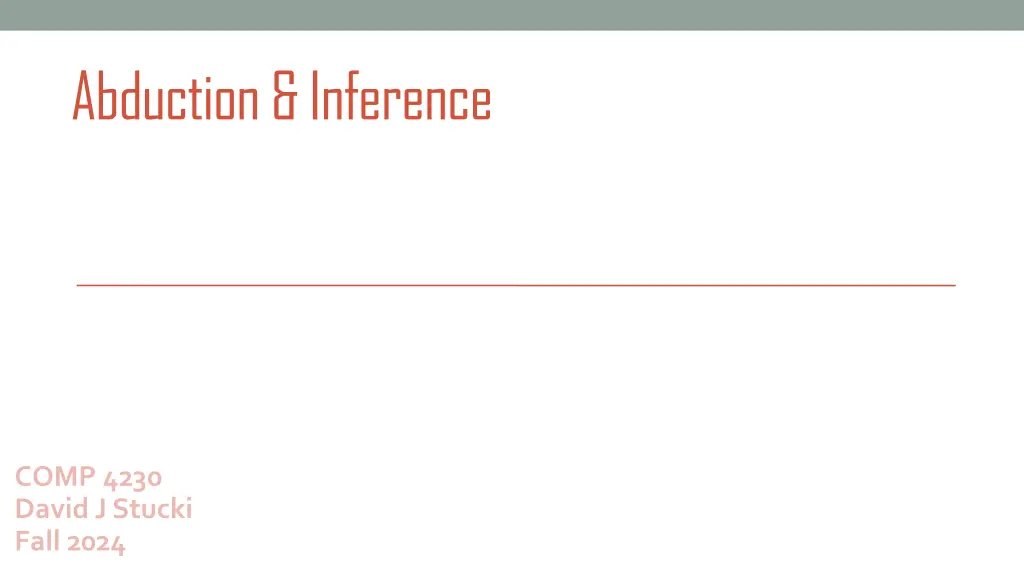
Peirce on Abduction and Reasoning in Fall 2024
Explore the concept of abduction and reasoning as discussed by Charles Sanders Peirce in the fall of 2024. Delve into the distinctions between abduction, deduction, and induction, and uncover the significance of surprise in abduction.
Download Presentation

Please find below an Image/Link to download the presentation.
The content on the website is provided AS IS for your information and personal use only. It may not be sold, licensed, or shared on other websites without obtaining consent from the author. If you encounter any issues during the download, it is possible that the publisher has removed the file from their server.
You are allowed to download the files provided on this website for personal or commercial use, subject to the condition that they are used lawfully. All files are the property of their respective owners.
The content on the website is provided AS IS for your information and personal use only. It may not be sold, licensed, or shared on other websites without obtaining consent from the author.
E N D
Presentation Transcript
Abduction & Inference COMP 4230 David J Stucki Fall 2024
Alerts Read Moroney Chapter 8 Read Larson Chapter 15
Reasoning & Inference There have historically been three flavors
Charles Sanders Peirce (1839-1914) "Looking out my window this lovely spring morning, I see an azalea in full bloom. No, no! I don't see that; though that is the only way I can describe what I see. That is a proposition, a sentence, a fact; but what I perceive is not proposition, sentence, fact, but only an image, which I make intelligible in part by means of a statement of fact. This statement is abstract; but what I see is concrete. I perform an abduction when I so much as express in a sentence anything I see. The truth is that the whole fabric of our knowledge is one matted felt of pure hypothesis confirmed and refined by induction. Not the smallest advance can be made in knowledge beyond the stage of vacant staring, without making an abduction at every step."
Guess what I'm thinking... We are extraordinarily good at hypothesizing, which is, to Peirce's mind, not explainable by mechanics but rather by an operation of mind which he calls, for lack of another explanation, instinct. We guess, out of a background of effectively infinite possibilities, which hypothesis seems likely or plausible. Larson, p. 161 (THE ORIGIN OF INFERENCE AS GUESSING) Organize into groups of 3-4 (mix it up) Discuss the following questions (based on pp. 157-168): What is abduction? (agree on a definition as a group) Compare it to both deduction and induction. What are the main distinctions? What is the role of surprise in abduction? Why is that important? Discussion Discussion
It doesn't all add up! If deduction is inadequate, and induction is in adequate, then we must have a theory of abduction. Since we don't (yet), we can already conclude that we are not on a path to artificial general intelligence. Larson, p. 173 (FALLACIES & HYPOTHESES) Discuss the following questions (based on pp. 168-178) On p. 173 Larson states that knowledge can only be recovered from data syntactically. What do you think he means by this? What is a counterfactual (p. 174)? How is this relevant? Discussion Discussion
Magical Inference Engines Peirce offered what he called a "vague explanation" of the unreasonable accuracy of our guessing: "There can, I think, be no reasonable doubt that man's mind, having been developed under the influence of the laws of nature, for that reason naturally thinks somewhat after nature's pattern. Larson, pp. 183-4 (MAGICAL INFERENCE ENGINES) Discuss the following questions (based on pp. 178-190) What does Larson mean by 'bottomless bucket' (p. 178)? Discuss Umberto Eco's notion of undercoded abduction (pp. 186-7). Why is this important? Chapter 12 ends with 3 reasons we don't have a fundamental theory. Summarize these and discuss. Discussion Discussion
Eugene Goostman & Replicants Voight-Kampff Test Bladerunner, 1982 Discuss the following questions (pp. 190-203) What lesson should we learn from Eugene Goostman (pp. 191-195) Compare and contrast the Winograd schemas (pp. 195-200) with the Voight-Kampff test from Bladerunner. Discussion Discussion


